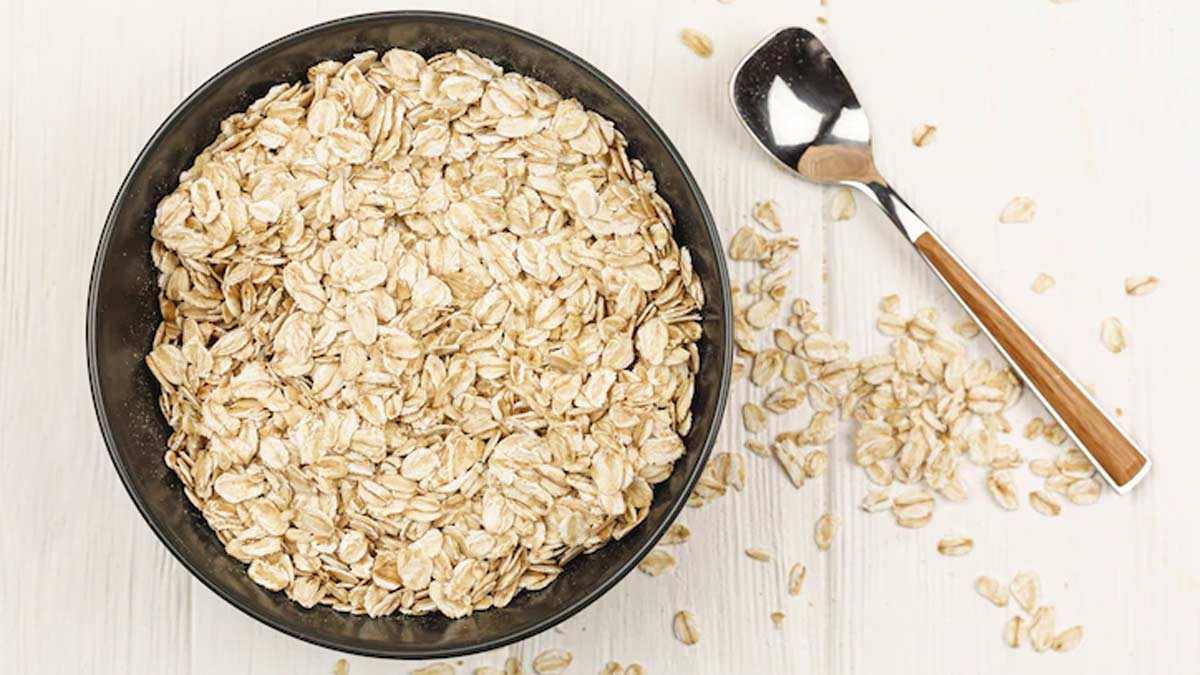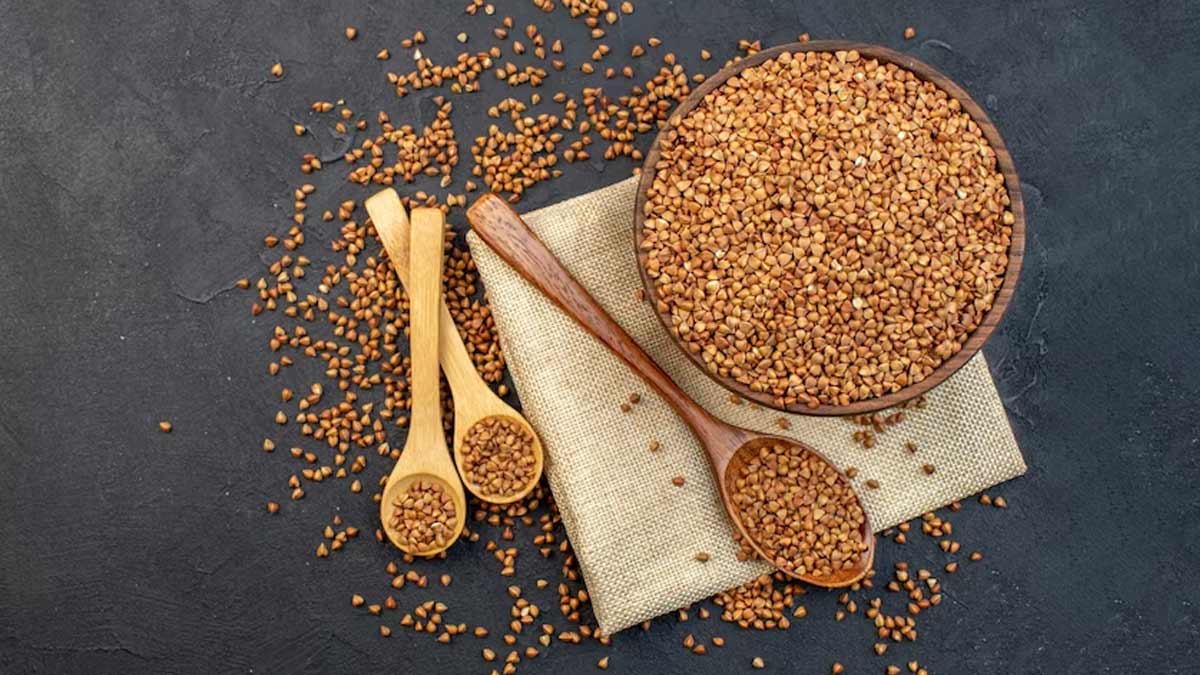
Indigestion or dyspepsia, can be uncomfortable and can be caused by a variety of circumstances, including overeating, eating rich or spicy foods, or having underlying digestive disorders. Choosing the proper meals can help relieve indigestion, while others may aggravate symptoms. Here's a list of the greatest and worst foods for indigestion:
Table of Content:-
Best Foods for Indigestion
Ginger
As per research, ginger, a fragrant edible root with brilliant yellow flesh, is a popular natural cure for indigestion. Ginger has anti-inflammatory properties and can help alleviate nausea and indigestion. Try ginger tea or add fresh ginger to meals.
Bananas
Bananas are easily digestible and can help soothe an upset stomach. They also provide potassium, which may be depleted during bouts of indigestion.
Also read: Monsoon Digestive Health: Home Remedies For Indigestion And Upset Stomach
Oatmeal
Oatmeal is a bland and easily digestible option that can provide a soothing effect on the stomach. Choose plain, unflavored oatmeal.

Yoghourt
Yoghourt with live probiotics can promote a healthy balance of gut bacteria, aiding digestion. Opt for plain, unsweetened yoghourt.
Chamomile Tea
As per National Library of Medicine, Chamomile has been used to treat a variety of digestive issues, including gas, indigestion, diarrhoea, nausea, and vomiting
Chamomile tea has anti-inflammatory and calming properties, making it a soothing choice for indigestion.
Boiled Potatoes
Boiled or mashed potatoes without added fats can be easy on the stomach and provide a source of carbohydrates.
Worst Foods for Indigestion
Spicy Foods
Spicy foods can irritate the digestive tract and worsen indigestion symptoms. Avoid foods with strong spices or hot peppers.

Fatty and Fried Foods
High-fat and fried foods can delay stomach emptying, leading to increased pressure and discomfort. Limit or avoid fried foods, fatty meats, and greasy snacks.
Also read: 5 Foods That Can Cause Indigestion And Methods To Get Relief
Citrus Fruits
Citrus fruits and juices can be acidic and may aggravate indigestion for some individuals. Consider limiting citrus intake during episodes of indigestion.
Chocolate
Chocolate contains caffeine and theobromine, which can relax the lower esophageal sphincter, potentially leading to reflux and indigestion.
Carbonated Drinks
Carbonated beverages, including sodas and sparkling water, can contribute to bloating and gas, exacerbating indigestion.
Coffee and Caffeinated Drinks
Caffeine can stimulate acid production and relax the lower esophageal sphincter, contributing to indigestion. Opt for decaffeinated options.
Tomato-Based Products
Tomatoes and tomato-based products are acidic and may contribute to reflux. Limit or avoid tomato sauces, ketchup, and tomato-based dishes.
Tips for Managing Indigestion
- Eat smaller, more frequent meals.
- Chew food thoroughly and eat slowly.
- Stay upright after meals to aid digestion.
- Identify and avoid trigger foods that worsen symptoms.
Consider keeping a food diary to track associations between diet and indigestion.
If indigestion symptoms persist or worsen, it's advisable to consult with a healthcare professional for a proper diagnosis and personalised guidance on managing digestive issues.
Also watch this video
How we keep this article up to date:
We work with experts and keep a close eye on the latest in health and wellness. Whenever there is a new research or helpful information, we update our articles with accurate and useful advice.
Current Version